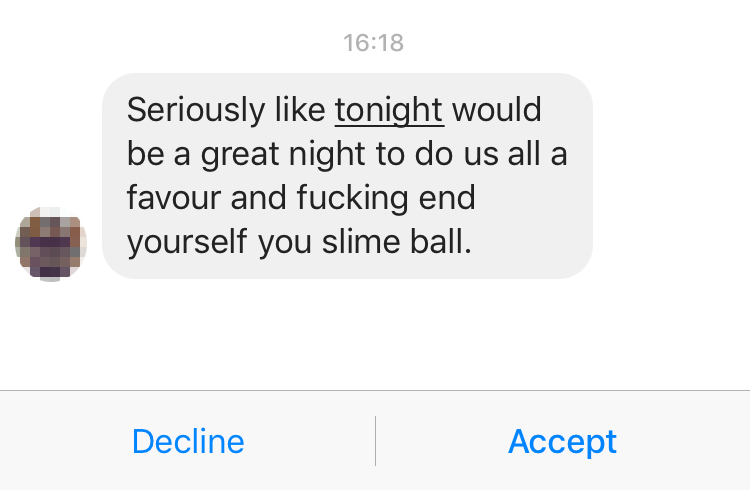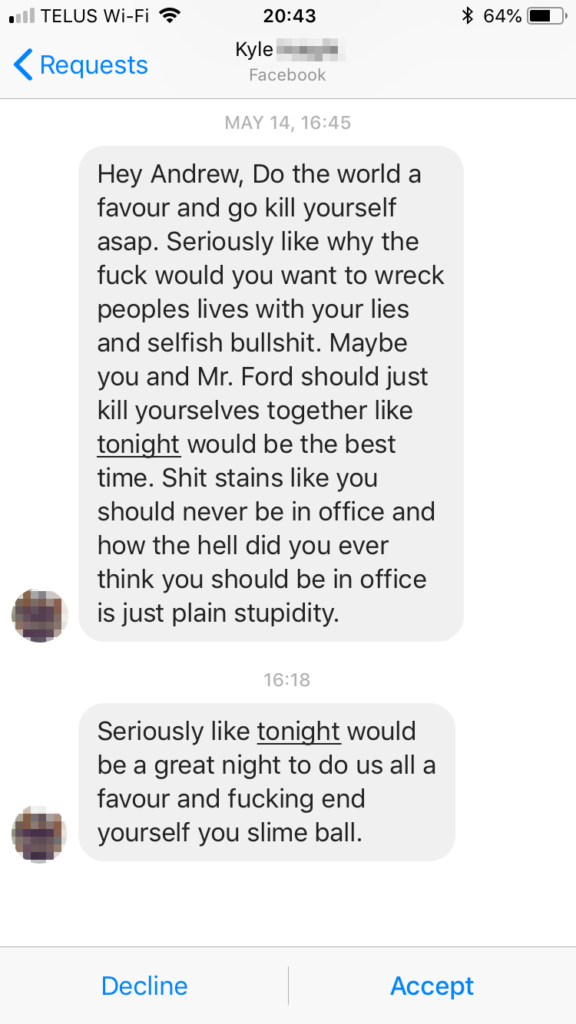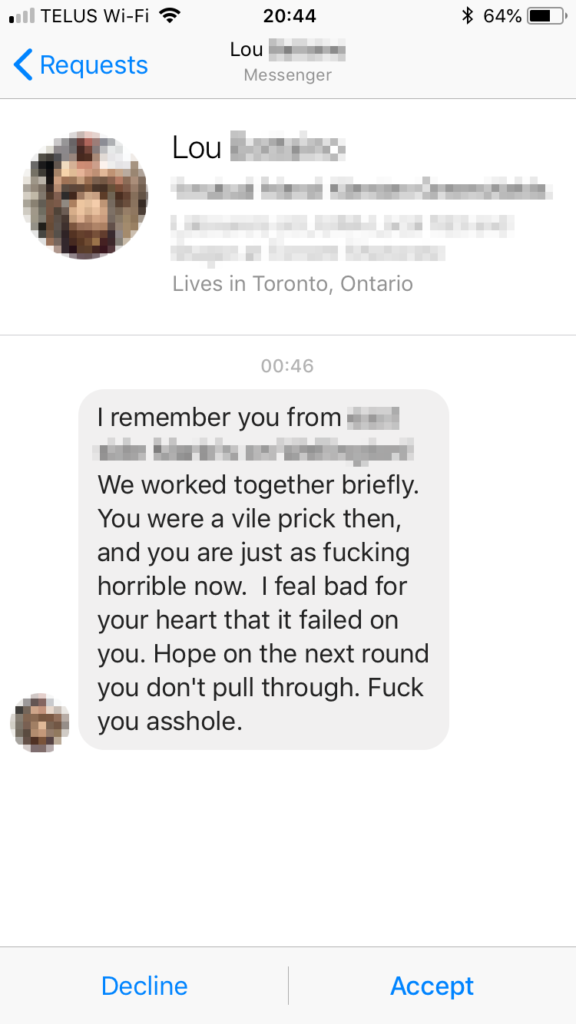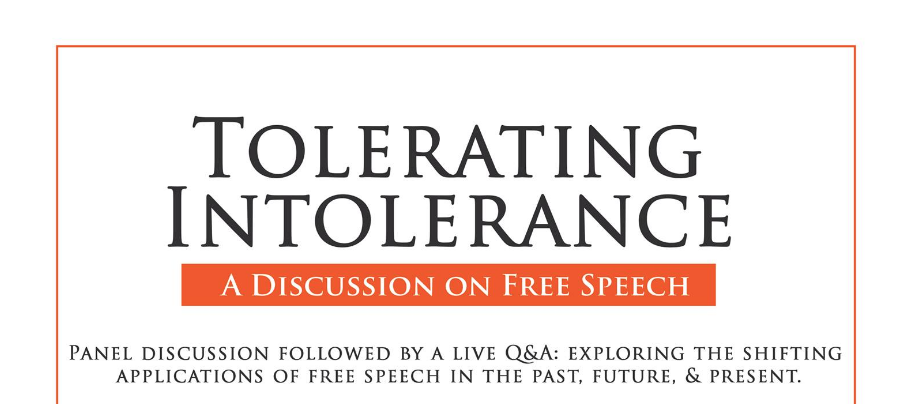First published in the National Post on July 16, 2018.
Frenzy overtook the United States when Supreme Court justice Anthony Kennedy announced his retirement last month. It was a far cry from when former Canadian chief justice Beverley McLachlin announced her retirement last year and Canadians breathed a collective “Who?”
This is among the starkest of differences between the political cultures and Canada and the United States.
In American politics, a Supreme Court vacancy means countless news cycles: weeks of speculation about potential nominees, followed by days of in-depth coverage about the nominee, capped off with weeks of confirmation hearings. This is because it’s significant. Putting the right justice on the bench can shape a president’s legacy in monumental ways.
In each of their eight years, Barack Obama and George W. Bush installed two Supreme Court justices. Donald Trump will accomplish the same with less than two years in office. If Trump wins a second term, he may well get another two vacancies to work with, with 85-year old Ruth Bader Ginsburg and 79-year old Stephen Breyer — both appointed by Bill Clinton — holding down the older side of the bench.
American politicians — and their voters, for that matter — understand the stakes of the court. Canadians couldn’t care less.
In Canada, there’s no drive to understand whether a potential justice is pro-life, or religious, or a strict constitutionalist. In the United States, these same people are lightning rods in the culture war over these very issues.
One could argue that having an expectation judges will rule along ideological lines based on who appointed them defeats the purpose of a supposedly apolitical judiciary. This is inevitable, however, when so much politics is dispensed from the judiciary. Our era is one of governance from the bench, meaning Canadians would do well to pay attention to what happens there.
American politicians — and their voters, for that matter — understand the stakes of the court. Canadians couldn’t care less
I asked a room full of politically-minded folks last week how many people could name a single Canadian Supreme Court justice (making sure to tell them McLachlin had retired.) I didn’t get a single response. This complacency undercuts our ability to be outraged — or even surprised — when the benchers make the wrong call.
The Trinity Western University ruling, for example. The majority of justices found that the Law Society of Upper Canada (now the Law Society of Ontario) infringed upon TWU’s Charter rights, but it was OK because the law society’s decision “represents a proportionate balance between the limitation on freedom of religion guaranteed by s. 2 (a) of the Charter and the statutory objectives that the LSUC sought to pursue.”
In other words, the court ruled that the constitution, instead of having the final say, must be “balanced” against a lesser administrative body’s mandate.
Admittedly, it may be difficult to find a strict constitutionalist in a country that lacks a strict constitution, but were Canadians more engaged in — or at least aware of — the process by which the Supreme Court is formed, judicial appointments would come with much more accountability.
From religious freedom to mandatory minimum sentences to something as seemingly trivial as driving beer across provincial boundaries, in all of these areas the Supreme Court has ruled against what most would describe as the conservative position. Even after 10 years of a Conservative government that appointed six of the nine current Supreme Court justices. Even Richard Wagner, the new Chief Justice, was appointed by Stephen Harper.
While Canadian Conservatives sound the alarm about Supreme Court rulings, they should actually be looking to the lawmakers who had a hand in shaping the court that made them. Like the Senate, the Supreme Court’s makeup and influence outlast the government of the day: justices in Canada are appointed until they turn 75. Not the lifetime appointment that exists on the bench in the United States, but still a term that can span decades.
While I’m sympathetic to the argument that America’s approach to the Supreme Court is far too polarized, I will take that over Canada’s ambivalence to it. The polarization is a byproduct of a country that is invested in its court in a way that Canada must be.
We wouldn’t stand for laws being passed by faceless agents in a back room, so we certainly shouldn’t be content with faceless judges interpreting them.





 Most of the messages were tamer of course, composed not of death wishes, but of a tired rotation of fat jokes or musing about my wife’s and my sex life. Some dedicated trolls harassed my friends and family directly, which was harder for me to stomach than what was pointed at me.
Most of the messages were tamer of course, composed not of death wishes, but of a tired rotation of fat jokes or musing about my wife’s and my sex life. Some dedicated trolls harassed my friends and family directly, which was harder for me to stomach than what was pointed at me.
